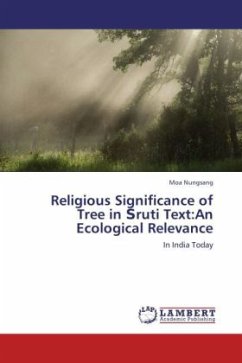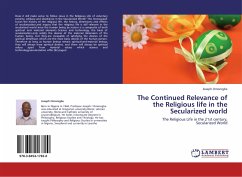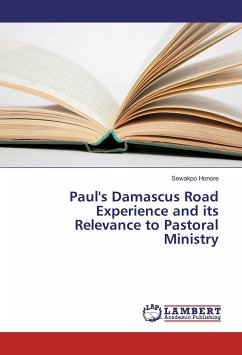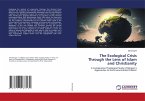Human relationship with nature is no more of equal partners, but of domination and rampant exploitation. Unjust treatment of nature particularly trees, forest causes ecological crises in the world. In this context the religious significance of tree upheld in the Vedic period perhaps has an ecological relevance. In the ruti, the term tree is classified into several categories. The Sanskrit term k vr applies to large trees bearing conspicuous flowers and fruit. Vanaspati, forest-lord was given to certain select trees and plants such as the Soma; small trees bearing both fruit and flowers are called V naspatya. Herbs that had healing and medicinal properties were called oshadh . Creeping plants were lat (or Vall ), bulbs were kanda ka and yavasa refer to grasses. Vedic Hindus considered trees as conscious and are therefore praised and worshipped. To plant tree was considered sacred and religious act. Trees were belief to have supernatural power and therefore should not be destroyed or cut-off as different gods and goddess reside in them. Such an understanding of tree has ecological significance for us today and this is the special interest of study in this book.
Bitte wählen Sie Ihr Anliegen aus.
Rechnungen
Retourenschein anfordern
Bestellstatus
Storno








